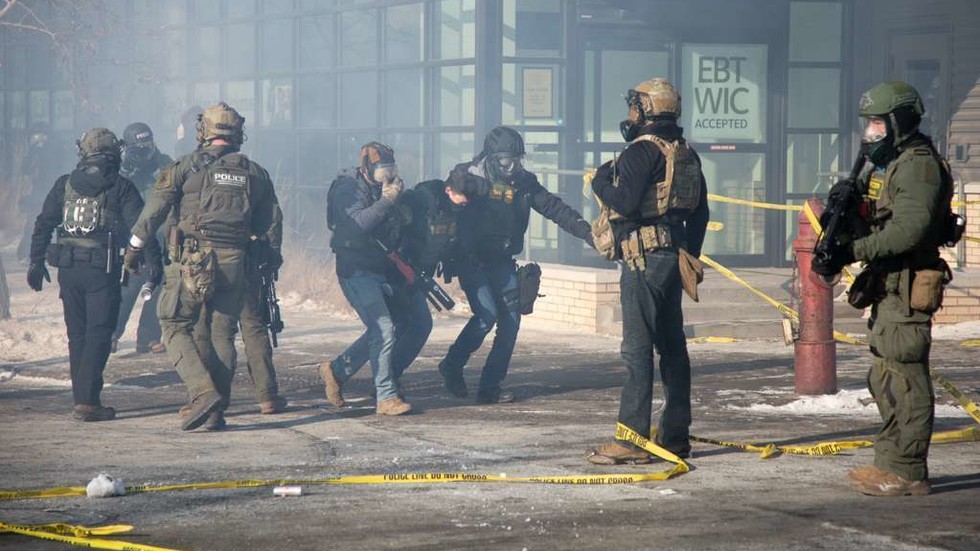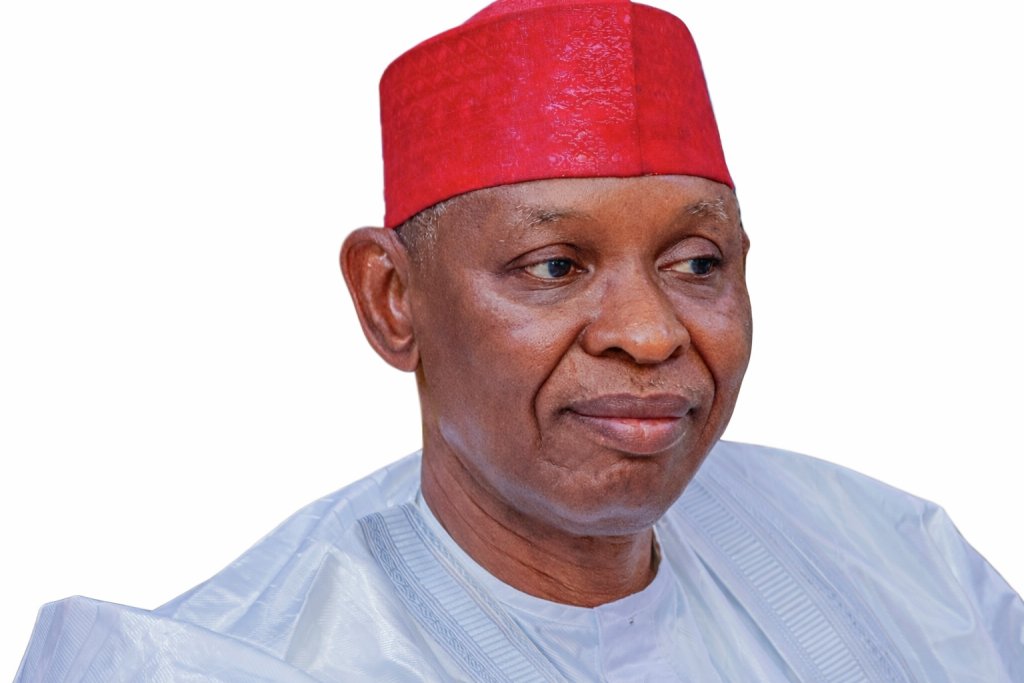Ukpana Community in Onna Local Government Area of Akwa Ibom State took a stand on Wednesday against the oil firm, Natural Oilfield Services Limited (NOSL), accusing them of causing environmental damage, destroying economic trees, water bodies, and traditional shrines in their area.
The community highlighted specific locations such as creeks, streams, and swamps that were bulldozed and filled with sand, including important sites like Idim Mkpighe, Idim Uton, and Etuk Enyang. They also mentioned the destruction of ancestral shrines like Nkuku, Ikot Inwang, and Ikpaisong Ubop Owo.
NOSL, operating in partnership with Nigeria National Petroleum Exploration and Production Limited, is responsible for OML 13 in Oniong Clan, Onna LGA, focusing on oil and gas appraisal and well drilling.
During the protest, which included men, women, nursing mothers, and youths, the community demanded a halt to the company’s operations until their grievances were addressed. They expressed frustration with the company’s alleged disregard for their concerns, as seen in their placards condemning NOSL for trespassing on their land without consultation and destroying their livelihoods.
Chief Ranzi Bassey, the village head of Ukpana, spoke out about the extensive damage caused by NOSL, including the destruction of crops, economic trees, buildings, and structures, as well as noise pollution. Despite efforts to engage with the company through their community Attorney, AKIPCON, the community’s concerns have been ignored since November 2019.
Joseph Israel, a protester, highlighted the economic hardships and insecurity faced by the youth due to the lack of alternative livelihood options following the devastation caused by NOSL. He emphasized the community’s suffering and unwanted intrusion resulting from oil exploration activities in the area, particularly during the construction of an access road to the drilling site.
The community’s outcry reflects a larger issue of environmental degradation and community displacement caused by oil exploration activities, underscoring the importance of addressing these concerns to protect the rights and well-being of affected communities.



